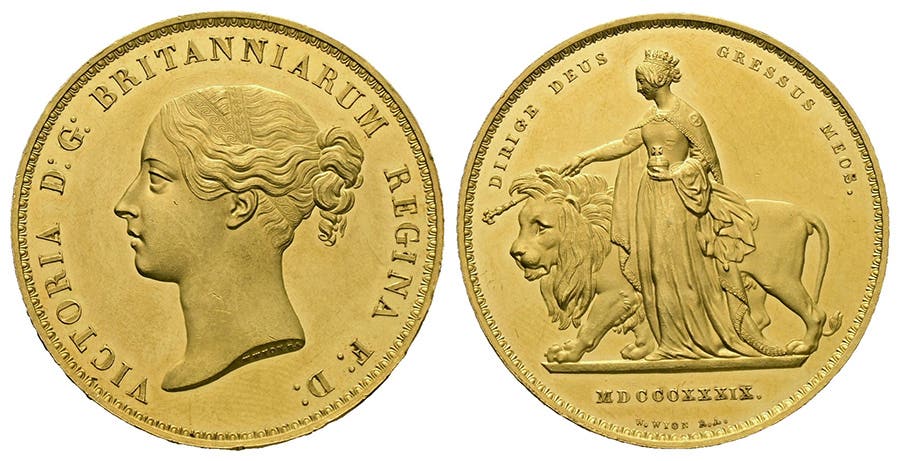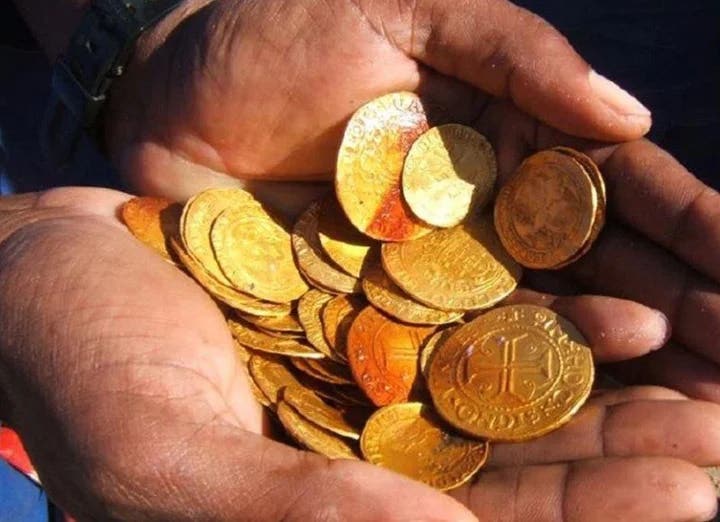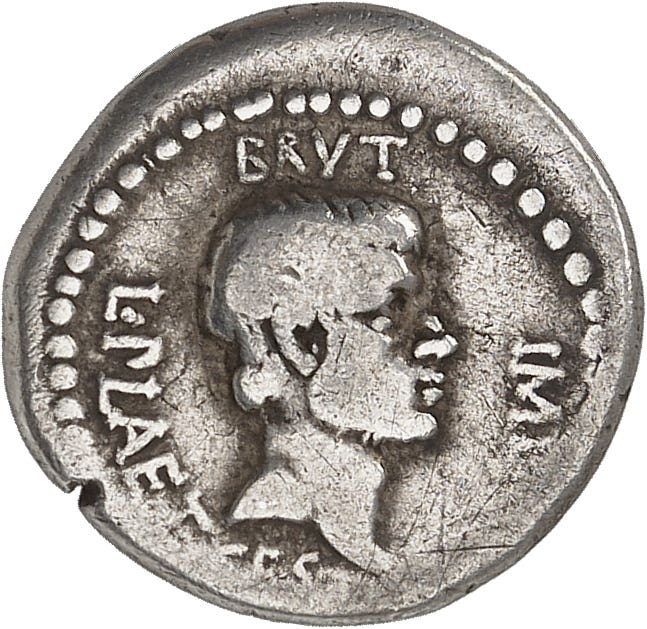Sweden Acknowledges Need for Physical Cash
Sweden blinked! The nation leading the cashless society charge recently acknowledged that no matter how sophisticated a system of electronic transfers becomes individuals need to keep physical currency on hand…
Sweden blinked! The nation leading the cashless society charge recently acknowledged that no matter how sophisticated a system of electronic transfers becomes individuals need to keep physical currency on hand in case of an emergency.
As the May 4 London newspaper The Times put it, “Sweden, the nation that pioneered living without cash, warns: Hoard your bank notes.”
The warning bell was rung by the Swedish Civil Contingencies Agency, an administrative authority under the Ministry of Defense. The SCCA is responsible for issues concerning civil protection, public safety, emergency management, and civil defense. The agency suggests every home in Sweden keep a stash of small denomination bank notes in case of technical problems that could arise from a cyber attack, terrorist attack, or war. Nothing was said regarding a government that might want to track how individuals spend their money.
Sweden currently uses coins in denominations of 1, 2, 5, and 10 kronor and bank notes in denominations of 20, 50, 100, 200, 500, and 1,000 kronor. All bank notes are issued under the authority of the Sveriges Riksbank, Sweden’s national bank.
Older bank notes are “redeemable at the discretion of issuer,” according to the most recent edition of MRI Banker’s Guide to Foreign Currency. The guide also gives a warning, “The Sveriges Riksbank may refuse to redeem damaged or withdrawn notes. In some cases the notes were seized.”
It was announced on May 9 that the central bank had proposed a committee “with broad-ranging expertise” review the entire concept of what will be deemed legal tender and how central bank money will function in Sweden’s primarily digitalized economy. This committee would review payment functions in both the state and private sectors.
According to a May 9 The Times article, “The digitalization of payment may lead to cash not being generally accepted in the future. This, in turn, may lead to the general public no longer having access to central bank money, which can affect the function and efficiency of the entire payment system.”
The central bank has already introduced a Central Bank Digital Currency or e-krona to which the public has access. Riksbank Governor Stefan Ingves said, “We think that the concept of legal tender should be technically neutral so that it fulfills a function even in a digital future.”
In 2015 Sweden’s central bank reported cash transactions representing about two percent of all payments. Only about 20 percent of retail purchases were being made in cash, which was a decline of about 50 percent from five years earlier and significantly below what at that time was a 75 percent global use of physical cash in making financial transactions. Since that time telephone app payments have become even more popular in Sweden and the number of Swedes using cash to buy something had declined to 13 percent. Recent surveys in the United States suggest about 70 percent of U.S. citizens use cash on a weekly basis.
In a late 2018 posting by Financial Post it was reported, “The [Swedish] central bank, which predicts cash may fade from Sweden, is testing a digital currency—an e-krona—to keep firm control of the money supply.”
Not everyone in Sweden is fully onboard with the idea of dumping coins and bank notes entirely. Swedish National Pensioners Organization President Christina Tallberg said, “We aren’t against the digital movement, but we think it’s going a bit too fast.”
Bjorn Segendorf, an adviser in the central bank’s payments department, recently told National Public Radio, “We would like to see banks continuing supplying their customers with cash services. It gives the freedom of choice for consumers. It’s also [because] still there are people who are dependent on cash.”
Segendorf continued, “Most countries are pushing digital technology, and if you are successful this will have consequences for cash. You have to realize this early, and I think we were too late with that.”
Sweden’s social research company Sifo conducted a poll during 2018 that indicated 7 of 10 citizens still want the option to use cash alongside electronic payment methods.








